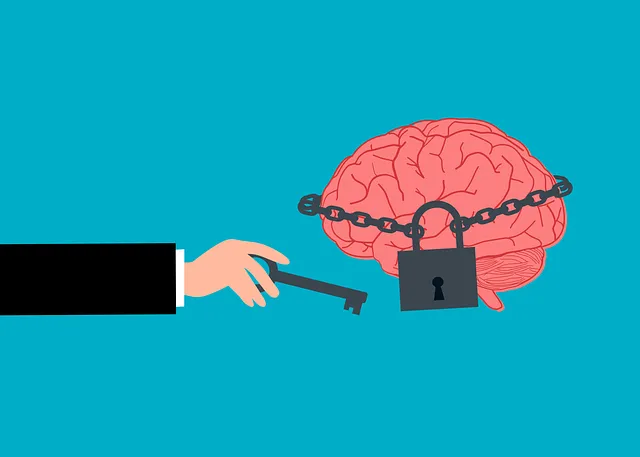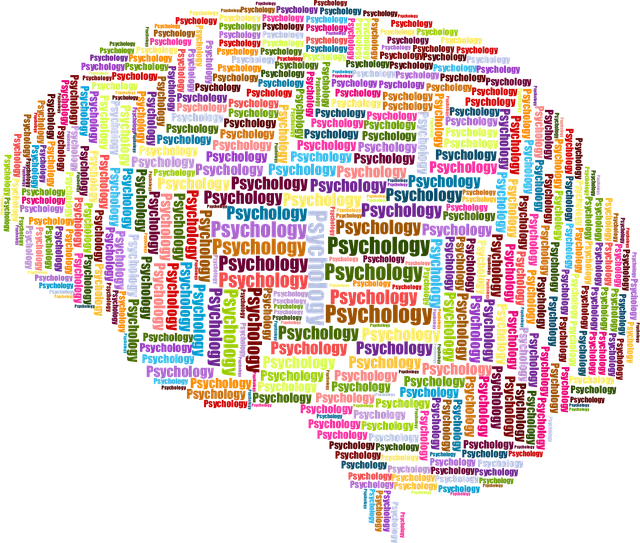Kaiser Permanente's mental health phone line in Wheat Ridge is a leading resource for accessible, confidential counseling, destigmatizing mental health issues and improving patient wellness. Their innovative approach combines self-assessment tools with professional guidance to foster proactive mental health management. These user-friendly, culturally competent digital tools, such as journaling and meditations, empower individuals to track moods and emotions, implement stress reduction strategies, and gain insights for better overall well-being in the digital age. Rigorous testing ensures these assessments meet diverse needs.
Mental wellness self-assessment tools play a crucial role in empowering individuals to take control of their mental health. With increasing awareness about the importance of mental well-being, there is a growing demand for accessible and personalized assessment frameworks. This article explores the development of such tools, drawing insights from Kaiser Permanente’s innovative approach in Wheat Ridge, Colorado. We’ll delve into key components, the integration of technology, and the iterative process of testing and refinement to create effective self-assessment solutions.
- Understanding the Need for Mental Wellness Self-Assessment Tools
- Kaiser Permanente's Approach to Mental Health Support: A Case Study
- Key Components of an Effective Self-Assessment Framework
- Integrating Technology: Digital Solutions for Personalized Mental Health Monitoring
- Testing and Refinement: Ensuring Accuracy and User-Centric Design
Understanding the Need for Mental Wellness Self-Assessment Tools

In today’s fast-paced world, mental wellness is a critical aspect of overall health that often goes overlooked or unaddressed until issues escalate. Recognizing this growing need, organizations like Kaiser Permanente have been at the forefront of promoting accessible mental health services, including self-assessment tools. The Kaiser Permanente mental health phone number in Wheat Ridge serves as a tangible example of their commitment to community well-being, providing a straightforward way for individuals to initiate conversations about their mental health and access resources tailored to their unique needs.
Self-assessment tools play a pivotal role in fostering self-awareness, enabling individuals to proactively manage their mental health. Exercises focused on enhancing self-awareness and self-esteem improvement can be powerful indicators of an individual’s overall well-being. Additionally, these tools offer valuable insights that facilitate effective stress management, empowering people to navigate life’s challenges with resilience and equilibrium. By integrating such assessments into daily routines, individuals can better understand their mental health landscape, taking proactive steps toward maintaining or improving their psychological balance.
Kaiser Permanente's Approach to Mental Health Support: A Case Study

Kaiser Permanente, a renowned healthcare organization, has been at the forefront of integrating mental health services into primary care settings. A notable case in point is their approach to mental health support offered through a dedicated phone line based in Wheat Ridge. This innovative service provides individuals with easy access to professional counseling and psychological support. The process involves trained mental health specialists who offer guidance on managing stress, anxiety, depression, and other common mental health concerns. By doing so, Kaiser Permanente aims to foster positive thinking and coping skills development among its members.
The phone line serves as a centralized hub, offering confidential consultations and resources tailored to individual needs. This proactive measure has significantly contributed to improving the overall mental wellness of Kaiser Permanente’s patient population. The case study highlights the organization’s commitment to destigmatizing mental health issues and ensuring that support is readily available, potentially revolutionizing how mental healthcare is delivered in today’s digital era.
Key Components of an Effective Self-Assessment Framework

An effective self-assessment framework for mental wellness should incorporate several key components to ensure comprehensive and accurate evaluation. Firstly, it must offer a diverse range of assessment tools tailored to different aspects of mental health, such as emotional well-being, stress management, and coping mechanisms. This includes both standardized questionnaires and narrative-based exercises that encourage reflection and self-awareness. For instance, incorporating Kaiser Permanente mental health phone number Wheat Ridge resources in the framework can provide individuals with access to professional guidance alongside their self-assessment journey.
Additionally, the framework should emphasize user-friendliness and accessibility. Clear instructions, simple language, and intuitive interfaces are crucial for encouraging honest responses. Incorporating features like Mental Wellness Journaling Exercise Guidance within the assessment can help users document their thoughts and feelings over time, providing valuable insights for both self-understanding and tracking progress. Moreover, integrating Healthcare Provider Cultural Competency Training elements in the development process ensures that the framework is inclusive and respectful of diverse cultural backgrounds, thereby fostering a sense of safety and trust among users.
Integrating Technology: Digital Solutions for Personalized Mental Health Monitoring

In today’s digital age, integrating technology into mental wellness self-assessment tools has opened up a world of possibilities for personalized health monitoring. Apps and online platforms designed to support mental well-being are becoming increasingly popular, offering users accessible and convenient ways to track their moods, emotions, and overall psychological state. For instance, Kaiser Permanente, based in Wheat Ridge, provides digital resources that empower individuals to take charge of their mental health. These tools often incorporate interactive features such as journaling prompts, guided meditations, and personalized feedback, fostering a sense of self-awareness and promoting positive thinking.
By leveraging technology, these solutions enable users to implement effective stress reduction methods and burnout prevention strategies tailored to their unique needs. Through regular use, individuals can gain valuable insights into patterns contributing to their mental wellness, allowing for proactive interventions and informed decision-making. This digital approach ensures accessibility around the clock, making mental health support readily available when needed most.
Testing and Refinement: Ensuring Accuracy and User-Centric Design

When developing a self-assessment tool for mental wellness, rigorous testing and refinement are paramount to ensure accuracy and user-centric design. This process involves subjecting the tool to diverse user groups to gather feedback on its functionality and usability. By employing a variety of testing methods, including pilot studies and focus groups, developers can identify areas where the tool may not effectively address individual needs or cultural sensitivities. This iterative approach allows for continuous improvement, ensuring that the final product aligns with the nuanced requirements of those seeking mental health support.
For instance, organizations like Kaiser Permanente mental health phone numbers in Wheat Ridge prioritize user-centric design by integrating feedback from diverse populations, reflecting a Mental Health Policy Analysis and Advocacy approach. Incorporating Mind Over Matter principles into these tools can foster a sense of empowerment and self-awareness among users. Through ongoing refinement, developers not only enhance the accuracy of assessments but also create an engaging, accessible experience tailored to the evolving needs of individuals navigating their mental wellness journeys.
Mental wellness self-assessment tools are essential components in navigating today’s complex landscape of mental health support. As demonstrated by Kaiser Permanente’s innovative approach in Wheat Ridge, these tools can significantly enhance personalized care and accessibility. By integrating technology and focusing on key components such as accuracy, user-centric design, and continuous testing, we can develop effective frameworks that empower individuals to take charge of their mental wellness. The case study highlights the potential for digital solutions to revolutionize mental health monitoring, making it more convenient and tailored to individual needs.






